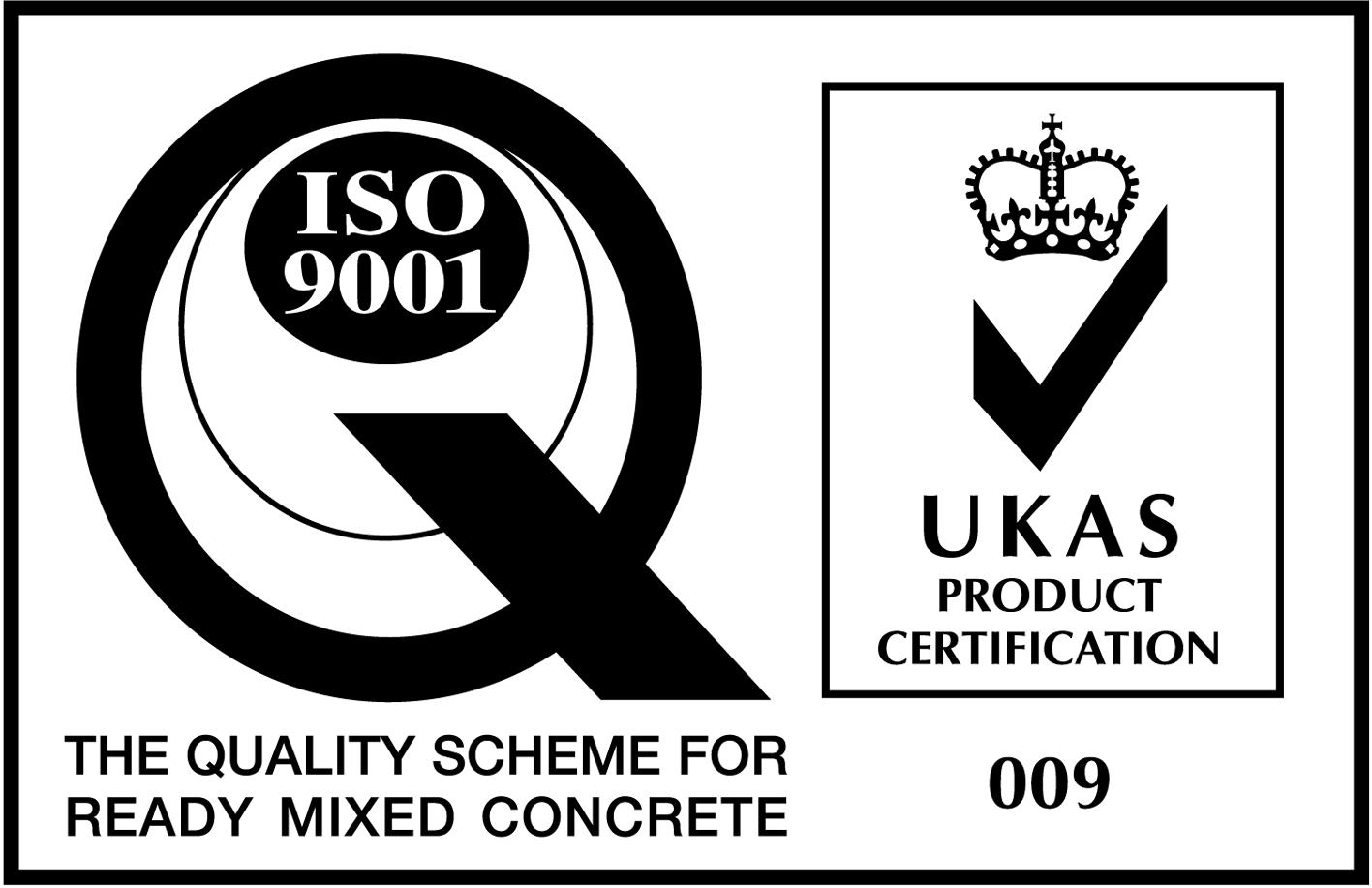FAQs
Whether you’re extending your property or laying a patio, there’s a lot you need to know and it can get quite confusing. This FAQs page is full of helpful answers to our customers’ most commonly asked questions about Total Concrete and what we offer.
 Trade Zone
Trade Zone






